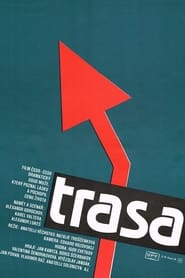detail profile viktor gogolev
Peran Yang Di Mainkan Viktor Gogolev
 This charming comedy tracks the lives...
This charming comedy tracks the lives...Everything Will Be All Right 1995
This charming comedy tracks the lives of several romantic pairs through trials and tribulations. The main focus of the story is a young soldier with a good heart but little ambition and his fiancée, who feels torn when a charming and sophisticated intellectual enters her life and sweeps her off her feet. There are also several side stories, also all dealing with relationships, most significantly the soldier's mother, whose comfortable but unexceptional marriage is threatened when a past love returns to her life.
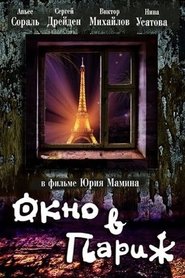 Nikolai played by Sergei Dontsov has...
Nikolai played by Sergei Dontsov has...Window to Paris 1993
Nikolai (played by Sergei Dontsov) has been fired from his job as a music teacher and has to live in the gym until he finds a place to stay. Finally, he gets a communal room in the apartment of Gorokhov (Victor Mikhalkov). The room's previous inhabitant, an old lady, has died a year ago, and yet her cat, Maxi, is still in the locked room, healthy and fat. Soon, Nikolai and his neighbours discover the mystery: there is a window to Paris in the room. That's when the comedy begins - will the Russians be able to cope with the temptation to profit from the discovery?
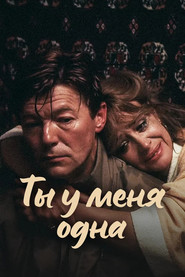 A love story of two people...
A love story of two people...You Are My Only Love 1993
A love story of two people which turns out into triangle... So the steady family walls do not seem so steady anymore...
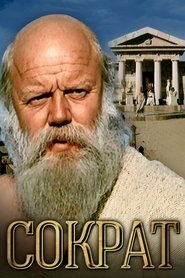 The longterm war with Sparta ends...
The longterm war with Sparta ends...Socrates 1991
The long-term war with Sparta ends. The power and prosperity of Athens has sunk into the past; in an atmosphere of general despair and irritation, democracy, tyranny, and oligarchy replace each other. Against this background, the last, tragic period of Socrates’ life takes place.
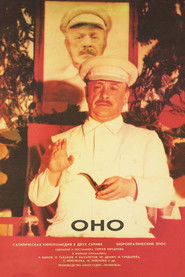 The bureaucratic epos on the dialogues...
The bureaucratic epos on the dialogues...It 1990
The bureaucratic epos on the dialogues and plots of Mikhail Saltykov-Shchedrin "The History of a Town". In a metaphorical and grotesque form, the film conveys the history of Russia from the calling of the Varangians until the end of the 20th century. The film traces the change of the “chiefs” of the county town of Glupov, which differ in varying degrees of tyranny and the corresponding total number of “killed” city residents. The heads of the city easily guess the former heads of the Russian state and the USSR.
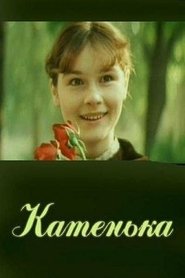 A very old man comes to...
A very old man comes to...Katenka 1988
A very old man comes to the provincial town where he spent his youth. The flood of memories takes him far from reality, to which a little girl returns him, like two peas in a pod like his first love.
 The saleswoman of the village store...
The saleswoman of the village store...Insult 1987
The saleswoman of the village store Pasha Nikitina generously distributed all the money from the proceeds to the villagers in debt, when they were left without a salary through the fault of the Chairman. The audit appeared suddenly — and Pasha began to demand money back. Not having received debts, the heroine turned for help to her brother, who immediately responded to her misfortune: he sent money and came himself…
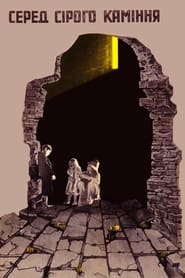 A judge is devastated after the...
A judge is devastated after the...Among Grey Stones 1983
A judge is devastated after the death of his wife and is neglectful of his children. His son befriends the children of a street beggar who live in an abandoned, derelict church. After his experience with his new friends, the young boy begins to feel sorry for his father and sympathizes with his loneliness.
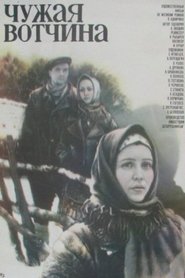 The film takes place in 1938 in...
The film takes place in 1938 in...The Alienated Motherland 1983
The film takes place in 1938 in Western Belarus, which was part of Poland. A young peasant woman, Alesya, wants at all costs to win back a house and farm that does not belong to her for the sake of happiness with her beloved Impol, from whom she is expecting a child. Her brother Mitya, a poet, writes freedom-loving poems, for which he is summoned for interrogation and brutally beaten.
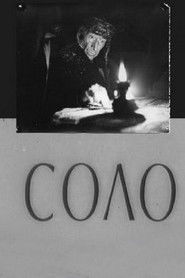 Lopushanskys second film focuses on a...
Lopushanskys second film focuses on a...Solo 1980
Lopushansky's second film focuses on a few hours in the life of a soloist musician during the siege of Leningrad, in WWII. The Leningrad philharmonic is going to play Tchaikovsky's 5th Symphony, which is to be broadcast to England. The soloist, like his fellow musicians, is weak and half-starved, and doubts whether he will be able to perform well enough.
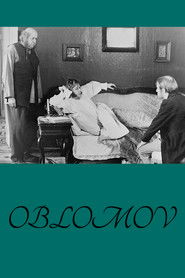 St Petersburg mid 19th century the...
St Petersburg mid 19th century the...Oblomov 1980
St. Petersburg, mid 19th century: the indolent, middle-aged Oblomov lives in a flat with his older servant, Zakhar. He sleeps much of the day, dreaming of his childhood on his parents' estate. His boyhood companion, Stoltz, now an energetic and successful businessman, adds Oblomov to his circle whenever he's in the city, and Oblomov's life changes when Stoltz introduces him to Olga, lovely and cultured. When Stoltz leaves for several months, Oblomov takes a country house near Olga's, and she determines to change him: to turn him into a man of society, action, and culture. Soon, Olga and Oblomov are in love; but where, in the triangle, does that leave Stoltz?

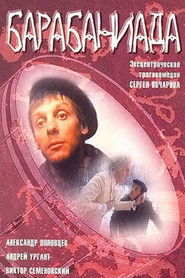 A tragicomic grotesque fantasy about the...
A tragicomic grotesque fantasy about the...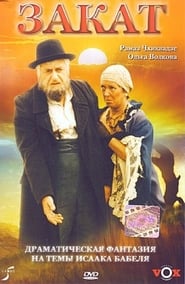 Old rich Jew Mendel Krik falls...
Old rich Jew Mendel Krik falls...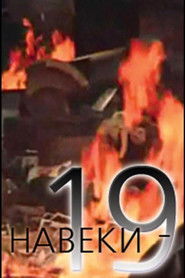
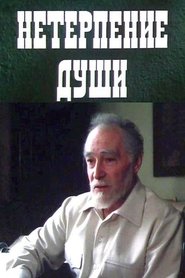

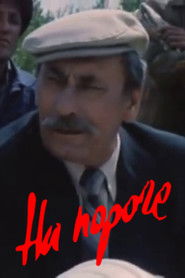 The chief engineer proposes to make...
The chief engineer proposes to make...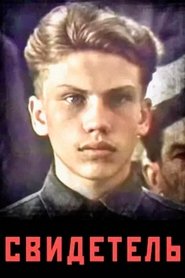 An orphaned boy unlocks terrifying memories...
An orphaned boy unlocks terrifying memories...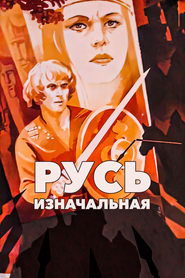 The film takes place in preChristian...
The film takes place in preChristian...